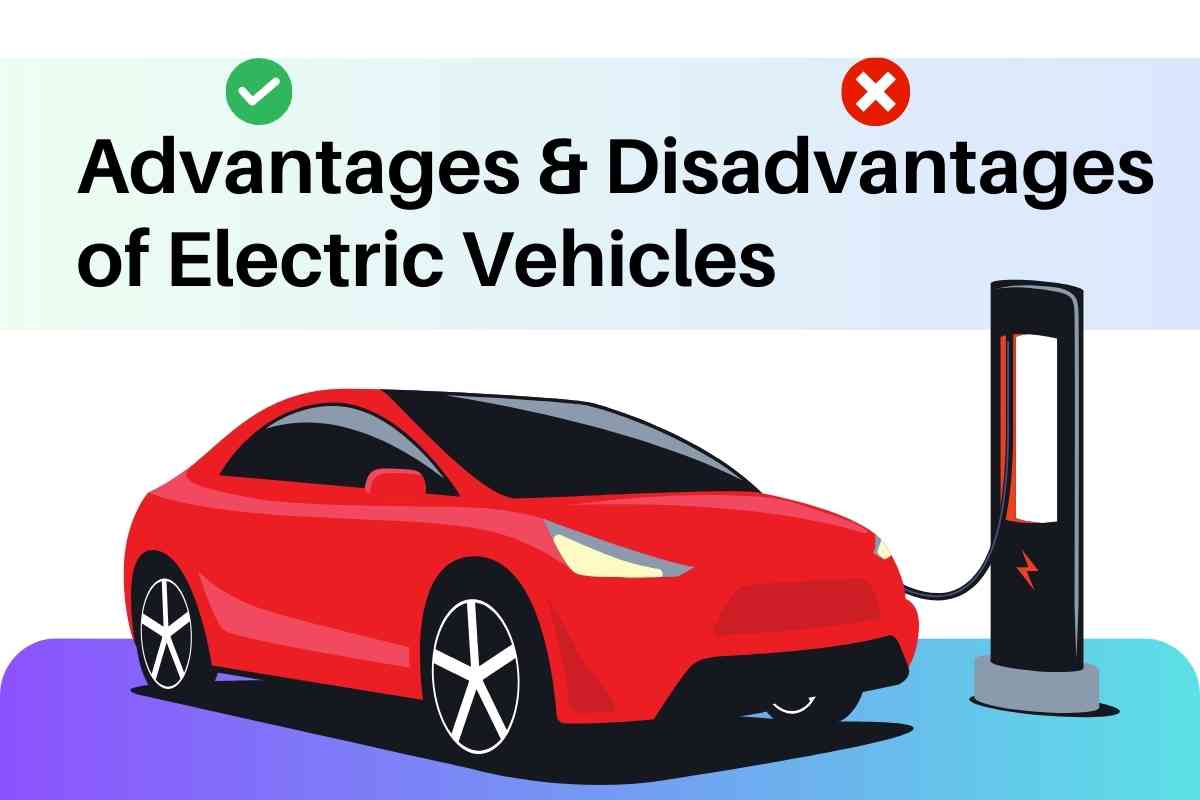Benefits of Electric Vehicles
Electric vehicles (EVs) have gained significant popularity in recent years as a sustainable and environmentally friendly mode of transportation. In this article, we will explore the numerous benefits of electric vehicles and why they are becoming a preferred choice for many individuals.
Reduced Environmental Impact
One of the most significant advantages of electric vehicles is their reduced environmental impact. Unlike traditional gasoline-powered vehicles, EVs produce zero tailpipe emissions, which helps to improve air quality and reduce greenhouse gas emissions. By choosing an electric vehicle, you are actively contributing to a cleaner and healthier environment.
Cost Savings
Electric vehicles offer substantial cost savings over their lifetime. Although the initial purchase price of an EV may be higher than that of a conventional vehicle, the long-term savings are significant. EVs have lower operating costs, as electricity is generally cheaper than gasoline. Additionally, electric vehicles require less maintenance due to fewer moving parts, resulting in reduced servicing and repair expenses.
Energy Efficiency
Electric vehicles are highly energy-efficient compared to internal combustion engine vehicles. EVs convert more energy from the grid into actual power at the wheels, whereas conventional vehicles lose a significant amount of energy through heat and friction. This increased efficiency translates into a longer driving range for EVs, allowing you to travel further on a single charge.
Renewable Energy Integration
As the world transitions towards renewable energy sources, electric vehicles play a crucial role in facilitating the integration of these clean energy technologies. EVs can be charged using electricity generated from renewable sources such as solar or wind power, further reducing their carbon footprint. By adopting electric vehicles, we can accelerate the shift towards a sustainable energy future.
Government Incentives
Many governments around the world offer various incentives to promote the adoption of electric vehicles. These incentives can include tax credits, rebates, and grants, making EVs more affordable and accessible to a wider range of individuals. By taking advantage of these incentives, you not only save money but also contribute to a greener future.
Improved Driving Experience
Electric vehicles provide a smooth and quiet driving experience. The instant torque delivery of electric motors ensures quick acceleration, making EVs enjoyable to drive. Additionally, the absence of engine noise and vibrations creates a serene environment within the vehicle, enhancing overall comfort for both the driver and passengers.

Electric vehicles offer numerous benefits, ranging from environmental advantages to cost savings and improved driving experiences. By embracing electric vehicles, we can make a positive impact on the environment, reduce our dependence on fossil fuels, and contribute to a sustainable future. As the demand for electric vehicles continues to grow, it is clear that they are here to stay as a viable and attractive mode of transportation.
Frequently Asked Questions – Benefits of Electric Vehicles
1. How do electric vehicles benefit the environment?
Electric vehicles produce zero tailpipe emissions, reducing air pollution and greenhouse gas emissions. They help combat climate change and improve air quality.
2. Are electric vehicles more cost-effective compared to traditional cars?
While the upfront cost of an electric vehicle may be higher, they have lower operating and maintenance costs. Electric vehicles require less maintenance, no gasoline, and can be charged at a lower cost compared to fueling a traditional car.
3. Can electric vehicles help reduce dependence on fossil fuels?
Yes, electric vehicles can reduce our dependence on fossil fuels. By using electricity as their primary fuel source, they rely less on petroleum-based fuels, which are finite and contribute to climate change.
4. Do electric vehicles have a longer lifespan compared to traditional cars?
Electric vehicles generally have fewer moving parts and simpler drivetrains, which can result in a longer lifespan. Additionally, the regenerative braking system in electric vehicles helps reduce wear on brake pads, extending their lifespan.
5. Can electric vehicles help reduce noise pollution?
Yes, electric vehicles produce significantly less noise compared to traditional combustion engine vehicles. This can help reduce noise pollution in urban areas and make cities quieter and more peaceful.
6. Are there any incentives or tax benefits for purchasing electric vehicles?
Many countries and regions offer incentives and tax benefits to encourage the adoption of electric vehicles. These can include tax credits, rebates, grants, and exemptions from certain taxes or fees.
7. Do electric vehicles have a positive impact on public health?
Electric vehicles contribute to better public health by reducing air pollution, which can lead to respiratory and cardiovascular problems. They also help decrease the emission of harmful pollutants that contribute to smog and poor air quality.
8. Are electric vehicles more energy-efficient compared to traditional cars?
Yes, electric vehicles are more energy-efficient. They convert a higher percentage of the energy from their battery to power the wheels, whereas traditional cars waste a significant amount of energy through heat and friction.
9. Can electric vehicles help reduce carbon emissions?
Electric vehicles produce zero tailpipe emissions, which means they do not emit carbon dioxide or other greenhouse gases while driving. By switching to electric vehicles, we can significantly reduce carbon emissions and combat climate change.
10. Can electric vehicles help stabilize the electric grid?
Electric vehicles can be used as a distributed energy resource to help stabilize the electric grid. Through vehicle-to-grid (V2G) technology, electric vehicles can store excess electricity and feed it back to the grid during peak demand, reducing strain on the system.




